This ground root will give you a morning energy fix along with a whole host go essential nutrients
Maca is the coolest new kid on the block when it comes to superfoods. Originating from Peru, maca is related to the humble radish and has long been valued for its health benefits.
Commonly found in powder form, maca is rich in many important vitamins and minerals, including vitamins B, C and E. This makes it a great antioxidant that will support good skin and help rid the body of free radicals caused by toxins and pollutants, and the B vitamins in particular will support your body when stress levels are running high. Our adrenals, which are vital for B vitamins like they’re Smarties when we’re stressed, so it’s important to make sure you keep your B vitamins topped up.
Maca can also help boost your energy levels and may help with stamina when exercising. Talking of energy levels, there’s also research to suggest that maca can help with libido and stamina in both men and women. As it is caffeine-free and sugar-free, maca is a great energiser first thing, especially when added to smoothies or porridge in the morning. It can provide an energy lift without the crash afterwards.
Maca also contains some key minerals, such as calcium, zinc, iron, potassium and magnesium – so you can see why this powder is becoming so popular. Iron is important for women, especially if you have heavy periods, are vegetarian or vegan, or don’t eat red meat, as it helps with healthy blood production. And it may also help when it comes to your monthly cycle, easing menstrual cramps, balancing moods and easing hot flushes. In fact, research has shown that maca can help balance hormones and has the ability to help with fertility, but on the other hand you shouldn’t take it when pregnant or breastfeeding. Calcium, magnesium and potassium are then all involved in good bone health, nerve and muscle function and regulating blood pressure.
This superfood also contains amino acids, which we can only get from food (as the body cannot make them by itself), so adding maca to your diet is a great way to ensure you’re keeping these topped up. We need amino acids for the building and repair of bones and tissues, so they’re pretty important – hence why they’re known as essential acids! As with all new powders of supplements, start taking maca in small amounts and increase this over a week or two.
Superfood stats
A 15g serving of MACA POWDER PROVIDES:
54 calories
0.1g fat
11.4g carbohydrates
2g protein
Three ways with maca
Breakfast maca smoothie (serves 1)
Blend together a medium banana, a large handful of strawberries, 2-4tsp maca powder, 1 tsp vanilla extract, 1tbsp oats or chia seeds and 250ml almond milk. Add more or less milk depending on how thick you like your smoothie, and serve.
Maca raw balls (makes 20)
Blend together 150g ground almonds, 2tbsp nut butter of your choice, 10 dates (pitted), 1tbsp maca powder, 2tbsp raw cacao, ½ tsp cinnamon and 50g desiccated coconut. The ingredients will eventually form a paste – you may need to add a little water to get it to the right texture. Add water slowly, no more than 1tbsp at a time. When blended thoroughly, start to roll 1tbsp (heaped) into round balls before rolling in leftover coconut. Freeze for 20 minutes to set.
Powder porridge (serves 1)
In a saucepan, add 45g rolled oats, 1tbsp (heaped) ground flaxseeds, 120ml almond milk, 120ml water and ½ tsp cinnamon. Bring to the boil slowly and then simmer while stirring in 1tbsp maca powder. When cooked, stir in 1tbsp nut butter and serves with sliced banana or a handful of blueberries.
Share this content:


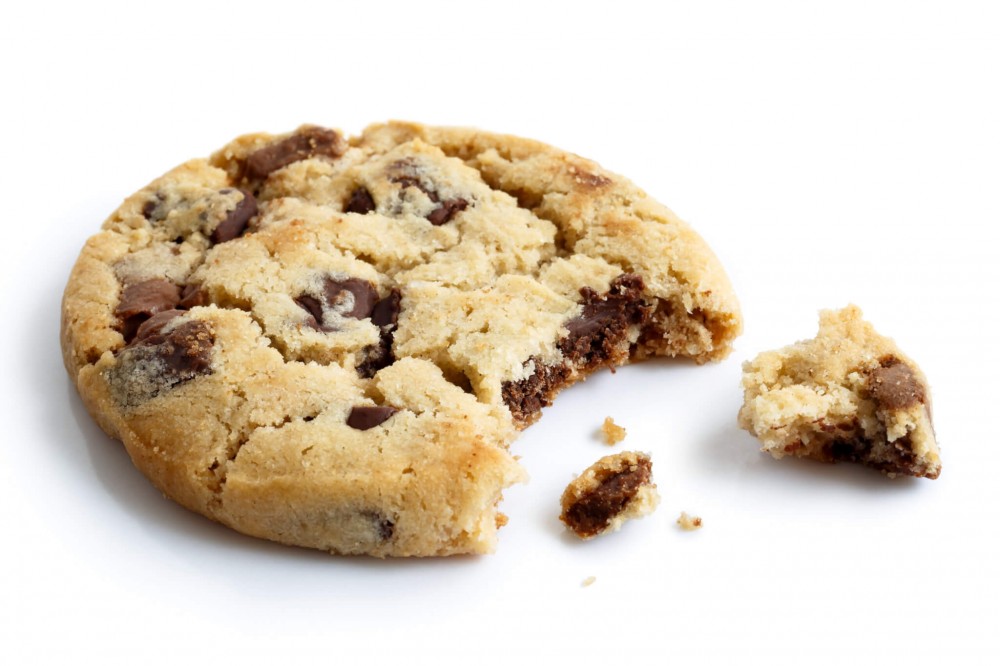



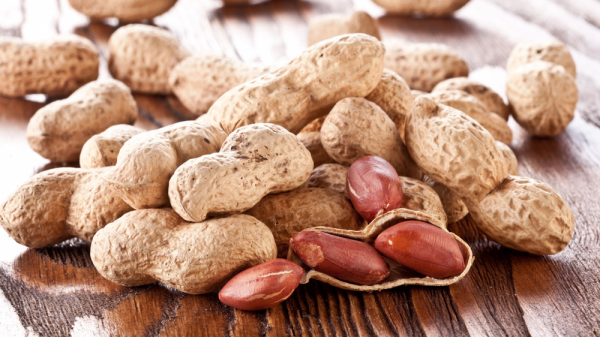
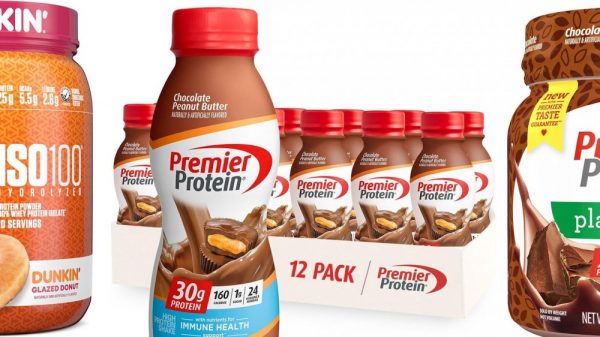
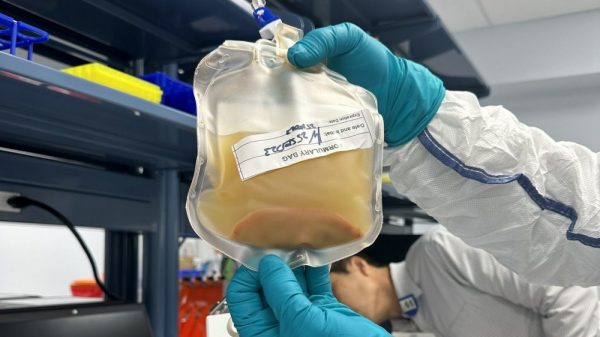





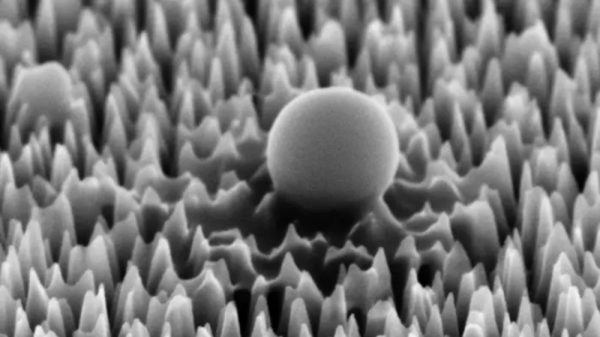
Post Comment